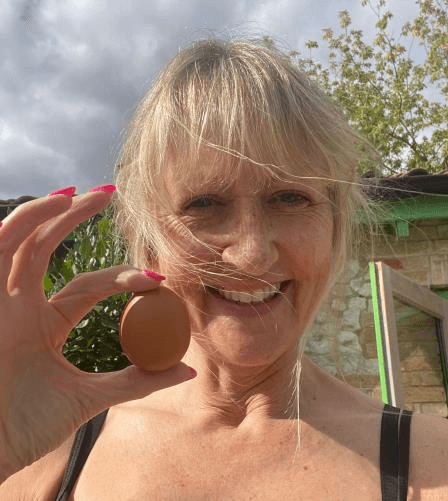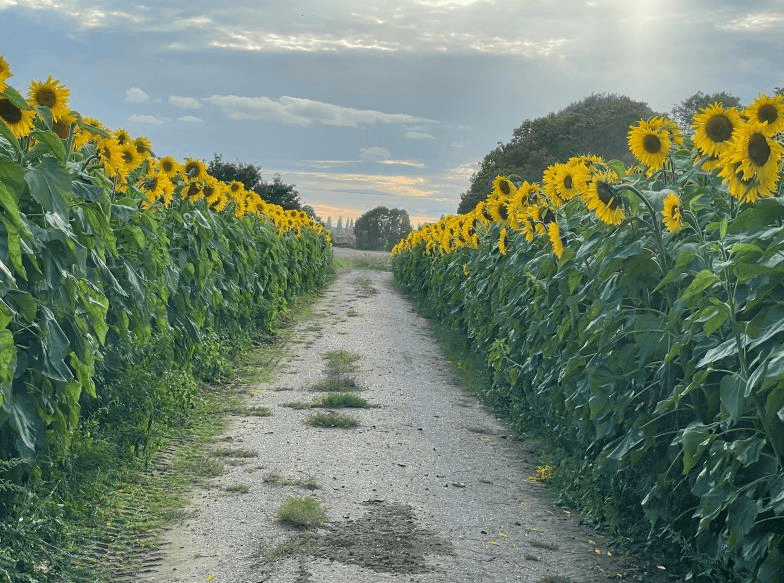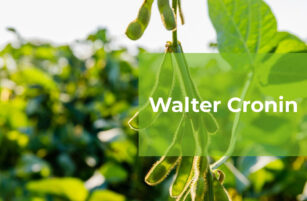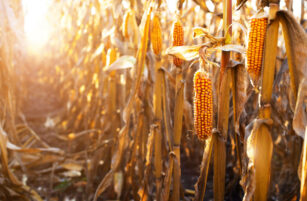Insight Focus
- Wheat yields are down of the dry June and then the wet August.
- Sugar beets continue to grow with enthusiasm.
- Wet soil wears less metal away as we move it, compared to dry soil.
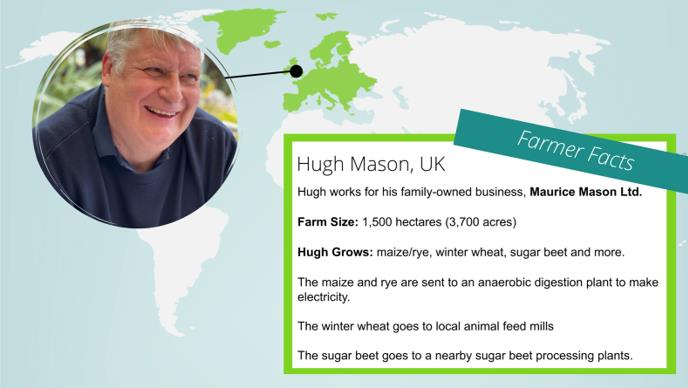
Cz: What’s Happening On The Farm?
Hugh Mason: “Now the tide has stopped rising, we’ve seen more water voles (semi-aquatic rodents) in our river in the farmyard. It reminds us of the children’s novel The Wind In The Willows.”
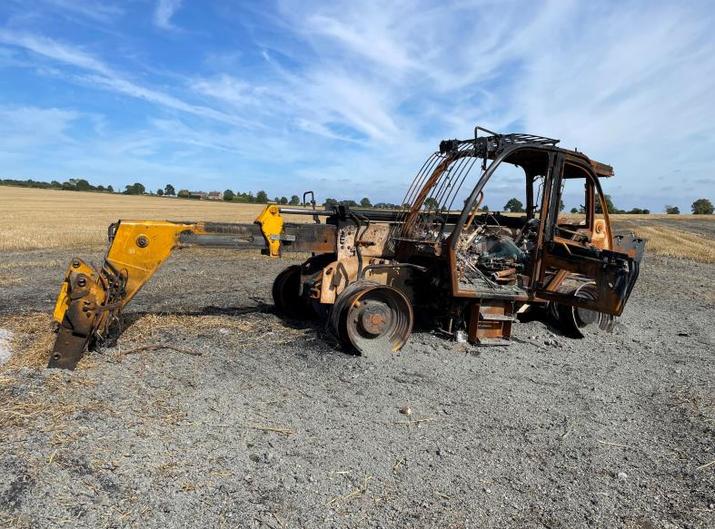
HM: ”A couple of Sundays ago the village was plunged into darkness, at least that’s what the local village Facebook page announced. Not us and, thankfully, no-one was hurt.”
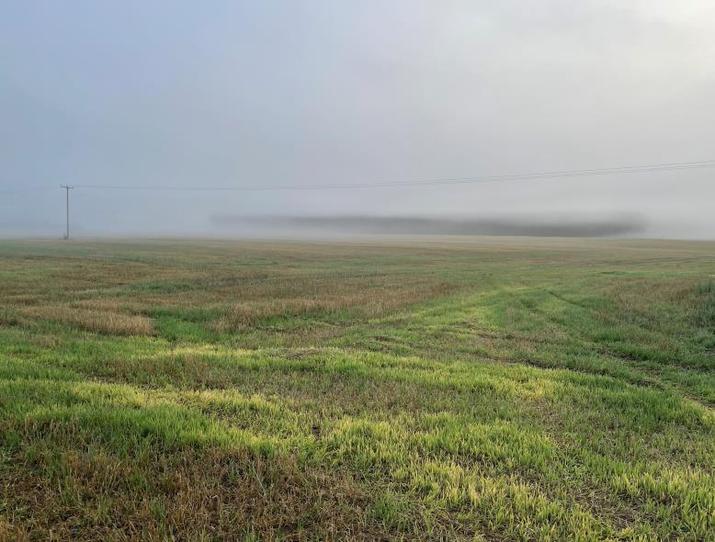
HM: “Autumn has now officially started, so rusting metal is being repaired and Autumn cultivations are starting. One of the few advantages of a wet harvest is that the soil, as we move it, wears less metal away than if it was very dry.”
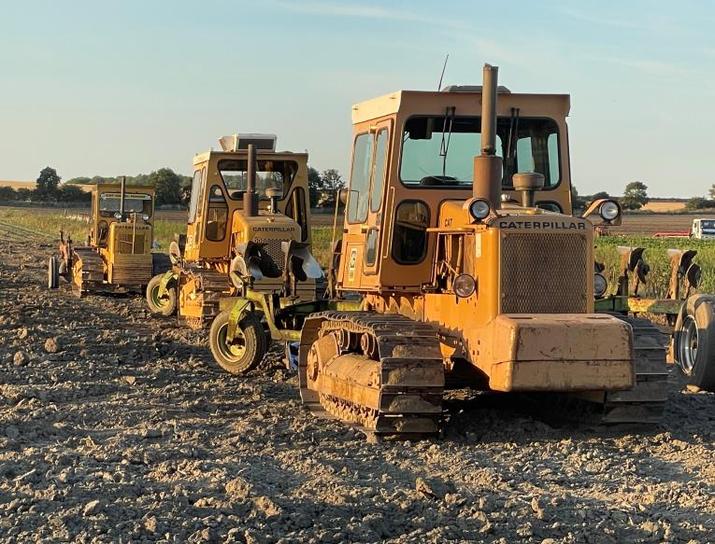
HM: “The annual ploughing competition has been held on farm and we’re pleased to say this continues to grow as an event. But they now have competitions, which make us ask the question: ‘What’s this?’”
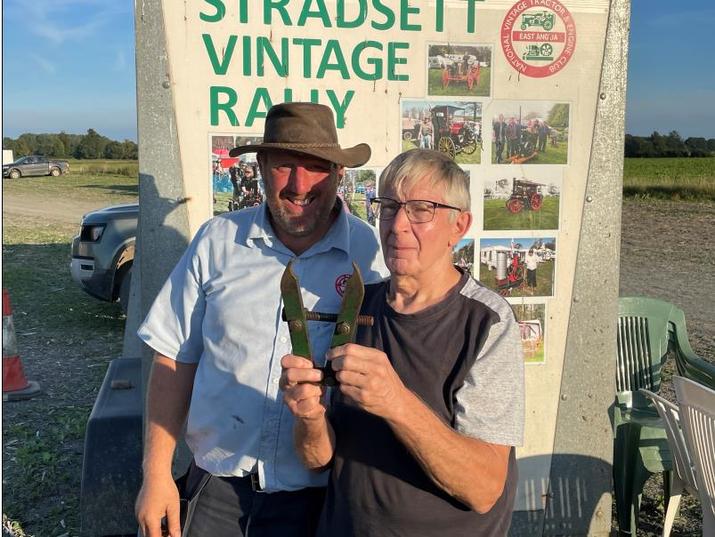
Cz: At What Stage Is Your Crop?
HM: “Wheat harvest is over, it has really been a difficult one. Someone should tell “the Good Lord” that not all followers are fishermen and, for those that don’t float, it would be wise to assist at gathering in. Yields are down from what was hoped or expected, firstly because of the dry June and then the wet August. As harvest went on quality disappeared – no idea where.
Spring barley is a similar picture, which is being reflected in the premiums paid (also wheat). So now the maltsters and brewers are chasing around for something that’s not there. Bearing in mind how little barley goes into a bottle of whiskey and the length of time it sits in a store, I think they are remarkedly short-sighted in how they treat the growers of the most important single item they need.
The sunflowers must still be wondering what on earth they did very wrongly in a former life to find themselves, still, in a small field in rain drench Norfolk, England. But at least they have shown an encouraging willingness to flower – I can only hope that there isn’t that much more water up in the sky to come down, as my dear old Dad used to say, he “didn’t mind a wet harvest but he hated a wet back end”.
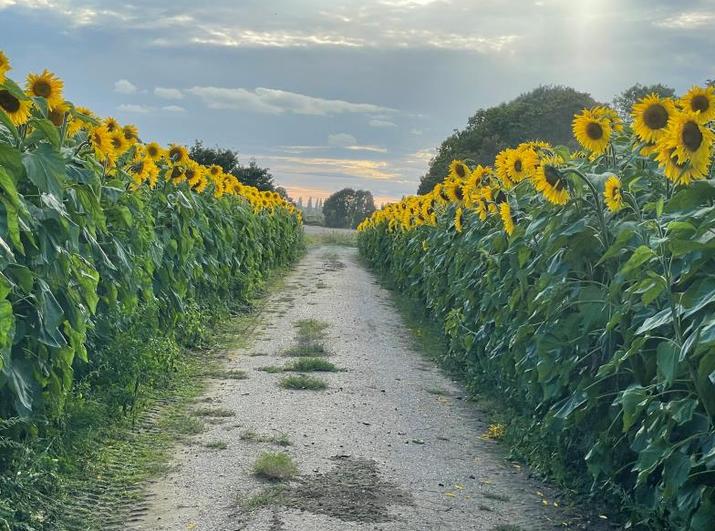
HM: “Sugar beets continue to grow with enthusiasm and, surprisingly, disease pressure has remained low. There is still a long way to go. Price for sugar continues to go up and the Processor and Grower have, as I write at least, still not agreed a price for harvest 2024. British Sugar have received bad press recently for importing and blending cane sugar, even though it may have been a rational decision for their business, but I can’t help but think what has happened to the barley industry.”
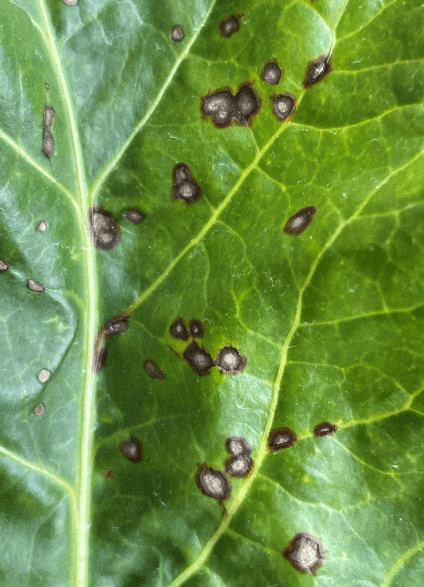
Cz: What Big Concerns Do You Have At The Moment?
HM: “In the Autumn of 2019, we had here one of the wettest autumns for a long time, ‘a wet back end’. My dad was right. At this time of year, we watch US storms and their impact on us during the planting season. We study the North Atlantic Oscillation (NAO) and this year we have observed the highest water temperatures around the Azores islands since we have been keeping records. This frightens me.
The English government has created a piece of software to handle the new system of payment support to the farming community. Much to their surprise, it appears not to work.
Reading an article on Czapp about bees, got me thinking. Bees are good and need encouraging: our new queen bees are about to be introduced to the workers. My bee farmer says that the biggest single threat he faces is the amateur who, with good intention, lets disease spread within the bees they keep because they are unaware of what they are dealing with. The hope is that with new technology things will get better – I am all for that. However, when I look at the crops I grow with latest and greatest technology, yields are now going down. In Britain, we are moving towards lower input systems such as regen farming, which will deliver less food. We worry prices will go up eventually, but a lot of farmers will have disappeared during this process.”
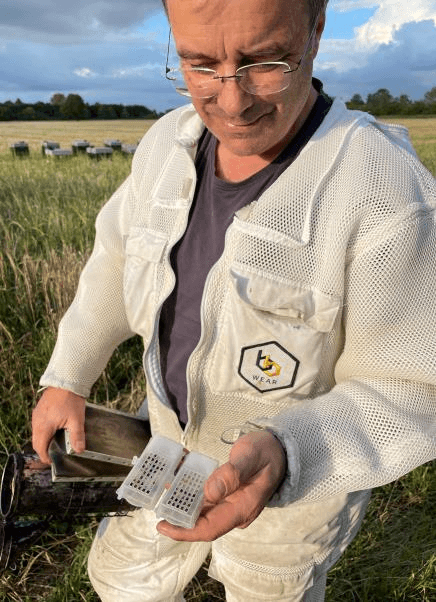
Cz: What Are Some Of Your Ambitions For The Year?
HM: “Jacqueline’s Patch: The triffids aren’t triffids anymore, they have morphed into pumpkins and so the household is now threatening the Halloween community with things that come with a free manual handling course before purchase. Great news: Prudence, has delivered. Each chicken now has a name and are sung to each morning.”
